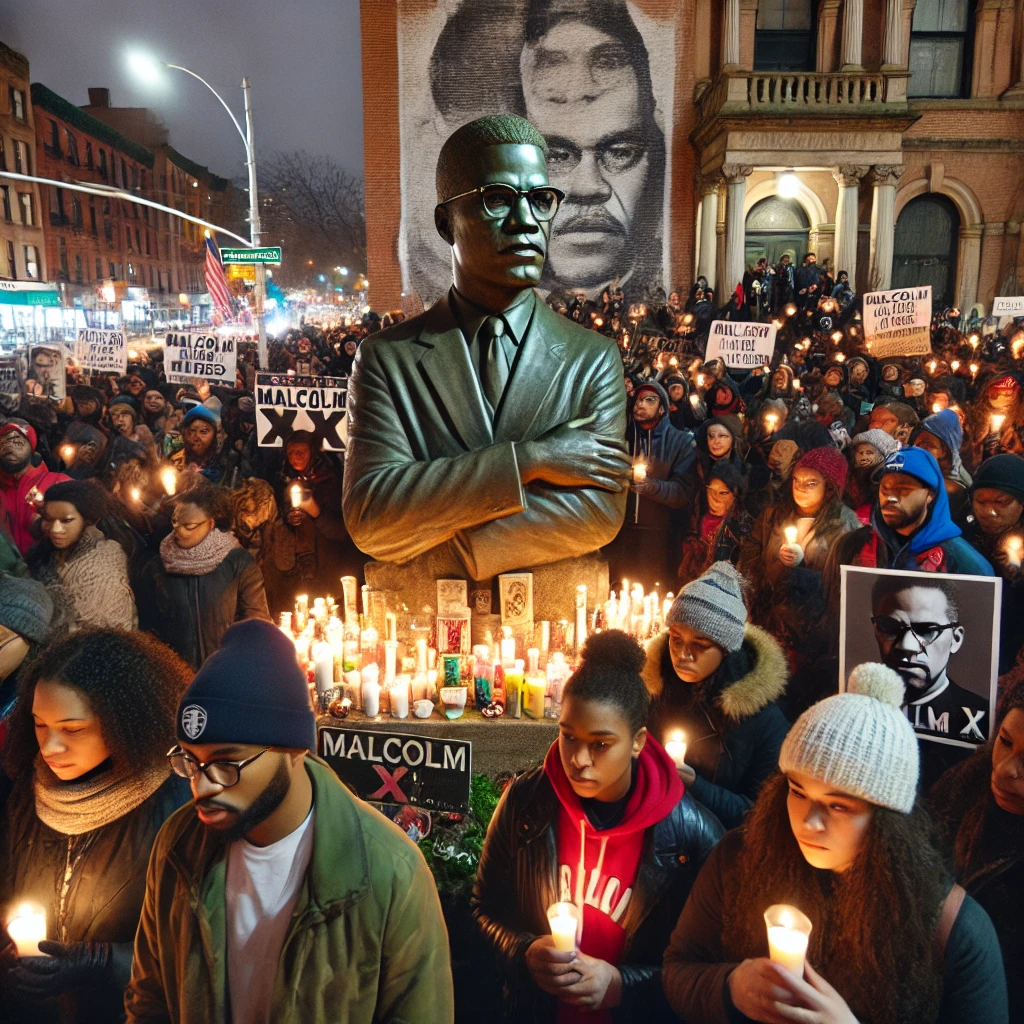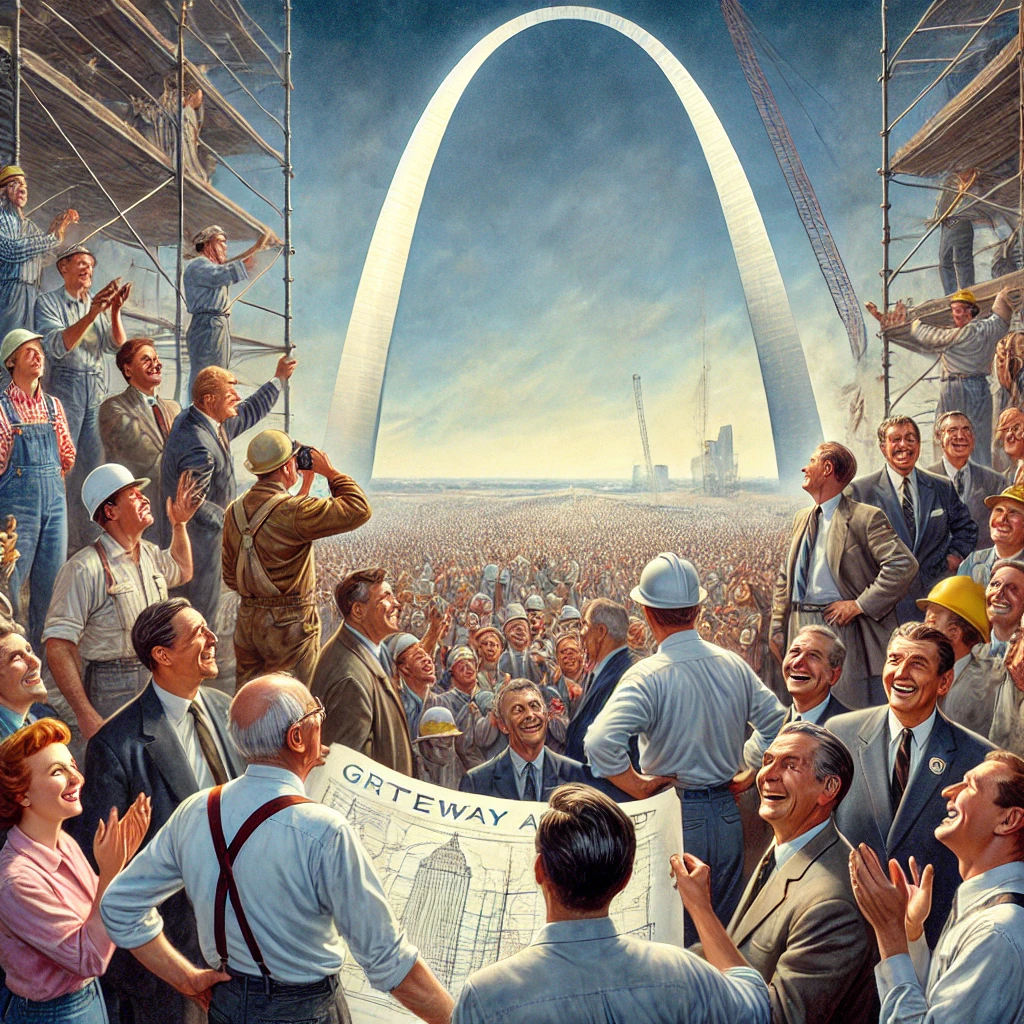The Assassination of Malcolm X: A Turning Point in the Civil Rights Movement

On February 21st, 1965, civil rights leader Malcolm X was assassinated during a speech at the Audubon Ballroom in New York City. A powerful and influential voice for Black empowerment, Malcolm X’s death sent shockwaves through the civil rights movement and the broader struggle for racial justice in America. His legacy continues to shape discussions […]
The Birth of a National Symbol: Canada Adopts the Maple Leaf Flag

On February 15, 1965, Canada officially adopted the Maple Leaf flag as its national emblem, replacing the Union Jack and the Canadian Red Ensign. This distinctive red and white flag, featuring a bold, stylized 11-point red maple leaf at its center, has since become an enduring symbol of Canadian identity and pride. The adoption of […]
The Passing of T.S. Eliot: A Legacy of Modern Poetry

On January 4th, 1965, the literary world mourned the passing of T.S. Eliot, one of the most influential poets of the 20th century. Known for his complex, modernist style and innovative approach to poetry, Eliot’s works, such as The Waste Land and The Love Song of J. Alfred Prufrock, have shaped the course of literature. […]
“A Charlie Brown Christmas”: A Timeless Holiday Classic Premieres

On this festive day in 1965, the beloved animated special A Charlie Brown Christmas made its debut on television, becoming an instant classic and capturing the hearts of audiences worldwide. Produced by Lee Mendelson and directed by Bill Melendez, the 25-minute special brought Charles M. Schulz’s iconic Peanuts characters to life in a heartfelt story […]
A Voice for Change: The Publication of “The Autobiography of Malcolm X”

On October 29, 1965, The Autobiography of Malcolm X was published, a groundbreaking work that would go on to influence generations and reshape the conversation around race, identity, and social justice in America. This powerful memoir, narrated by Malcolm X and written with the assistance of journalist Alex Haley, offers an unflinching look at the […]
A Triumph of Engineering: The Completion of the Gateway Arch

On October 28, 1965, the Gateway Arch in St. Louis, Missouri, was officially completed, marking a monumental achievement in architectural design and engineering. Standing at 630 feet, the Gateway Arch is not only the tallest monument in the United States but also an iconic symbol of the city and the westward expansion of the nation. […]
The Watts Rebellion Begins

On August 11, 1965, the Watts Rebellion, also known as the Watts Riots, erupted in the Watts neighborhood of Los Angeles, California. The unrest began after an incident involving the arrest of an African American motorist, Marquette Frye, who was stopped by police for suspected drunk driving. The situation quickly escalated as tensions between the […]
President Johnson Signs Medicare into Law
On July 30, 1965, President Lyndon B. Johnson signed Medicare into law as part of his “Great Society” initiative. This landmark legislation, enacted under the amendments to the Social Security Act, established Medicare, a health insurance program for the elderly, and Medicaid, a health insurance program for the poor. The signing ceremony took place at […]
First Marine to Receive Medal of Honor for Action in Vietnam is Killed
On July 12, 1965, Major Malcolm A. Carpenter, a United States Marine, was killed in action during the Vietnam War. Major Carpenter had already distinguished himself through extraordinary acts of bravery and service, earning him the distinction of being the first Marine to receive the Medal of Honor for his valor during the conflict. His […]
Bob Dylan Records “Like a Rolling Stone”
Bob Dylan recorded “Like a Rolling Stone” on June 16, 1965, a song that would become one of the most influential tracks in the history of popular music. Released as a single later that summer, the song marked a significant departure from Dylan’s earlier folk music style, featuring a rock sound that would come to […]
